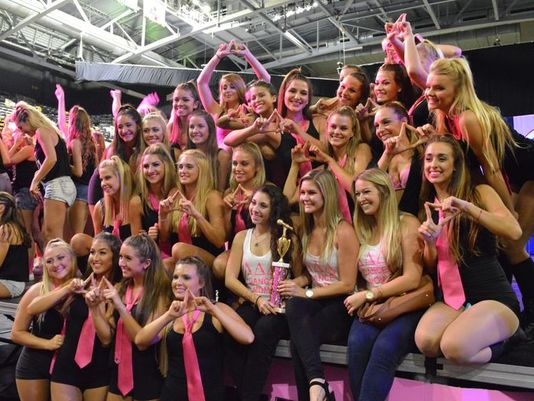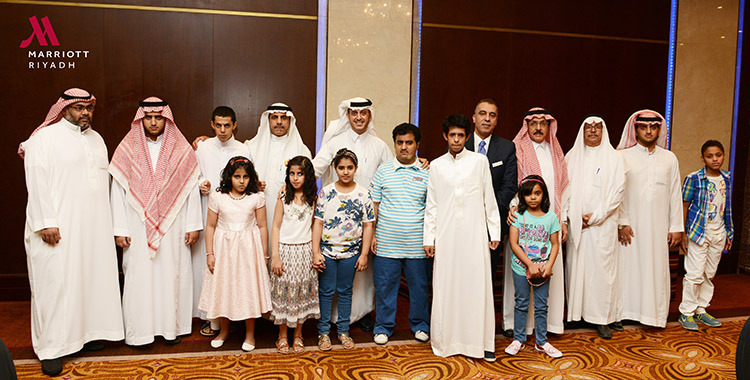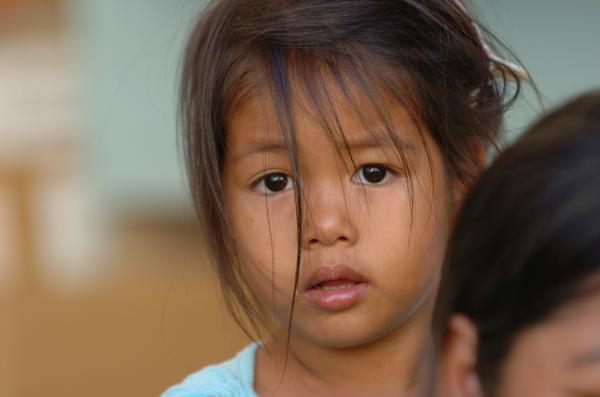Refugee children badly hurt in accidents occurring outside of war zones are being overlooked by charities whose funding criteria only allows them to offer free medical treatment to those wounded directly by war, a Beirut-based nonprofit has warned.
Children with complex and costly injuries are being excluded because they do not fit the funding criteria of mainstream NGOs, said Arwa Damon, founder of International Network for Aid, Relief and Assistance (INARA), which launched in August.
“There are a number of reasons why these gaps [in medical care] exist. Either because the parents don’t know how to navigate the system, or the NGO they are in touch with doesn’t provide certain services,” said Damon. “A lot of organisations won’t take on the cases because they don’t have the capacity or the mandate.”
There are more than 1 million Syrians in Lebanon registered by the UN’s refugee agency. A July report found only between 24 and 36 per cent of Syrian refugees thought medical care in Lebanon was affordable, and offered access to specialists and health information.
INARA seeks to offer free treatment to refugee children with overlooked injuries, often caused by the fallout of conflict, such as burns from exploding gas canisters in refugee tents. The nonprofit began taking on cases a year ago, before its launch in August.
The charity employs two full-time caseworkers to assess the needs of each child. This can range from connecting parents to existing health charities, to liaising with doctors to provide pro bono surgery, and funding the cost of transport and post-surgery care such as physiotherapy. The doctors give their time for free, while the American University of Beirut Medical Center provides the facilities at a discount.
To date, 28 cases have been referred to INARA, of which the nonprofit has taken on 15. Each caseworker handles around eight cases at a time, liaising with the doctors and hospitals and providing reassurance and support for traumatised children and parents, said Damon. Almost all the cases involve Syrian refugees; the majority suffering with burn injuries.
The treatment is funded by donations, and the cost can range from $200 to $20,000 per case, depending on the injury and aftercare needed. The average case is $3,800, according to the organisation. INARA estimates it will spend about $450,000 a year on medical treatment and care costs.
“There are severe gaps [in care] when it comes to burn cases,” said Damon, who is also a correspondent for CNN. “Many organisations won’t take cases that need reconstructive surgery, but it is vital to a child being able to live a semi-normal life.”
In one such case, a 12-year-old girl was left with such acute burns on her lower body she hadn’t gone to the bathroom on her own for three years. She had been standing next to a gas stove when a bomb hit her house in Syria and, a year later, boiling water was accidentally spilled on her in a refugee camp in Lebanon, making the injury worse. She stopped going to school. Her case was referred to INARA who funded the operations she needed.
“We’re never going to completely get rid of [the injury], but at the very least she can go to the bathroom on her own,” said Damon. “She has that dignity back.”
In another case, INARA funded eye surgery for 1-year-old Elena, born with severe cataracts because her mother had been malnourished during pregnancy, when their city fell under siege. If left untreated, the girl would have gone blind.
The charity hopes to grow to four full-time caseworkers, allowing INARA to aid 120 patients a year, and expand its work to Jordan and Turkey. Damon currently funds all the charity’s running costs herself, but is seeking donors to help support INARA’s annual $125,000 budget.
“You’re giving the children back dignity and the ability to function,” said Damon. “You’re never going to completely erase [the injuries], but it is our responsibility to come as close to it as possible.”









